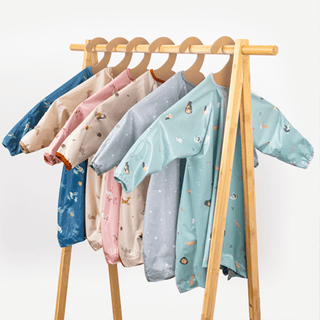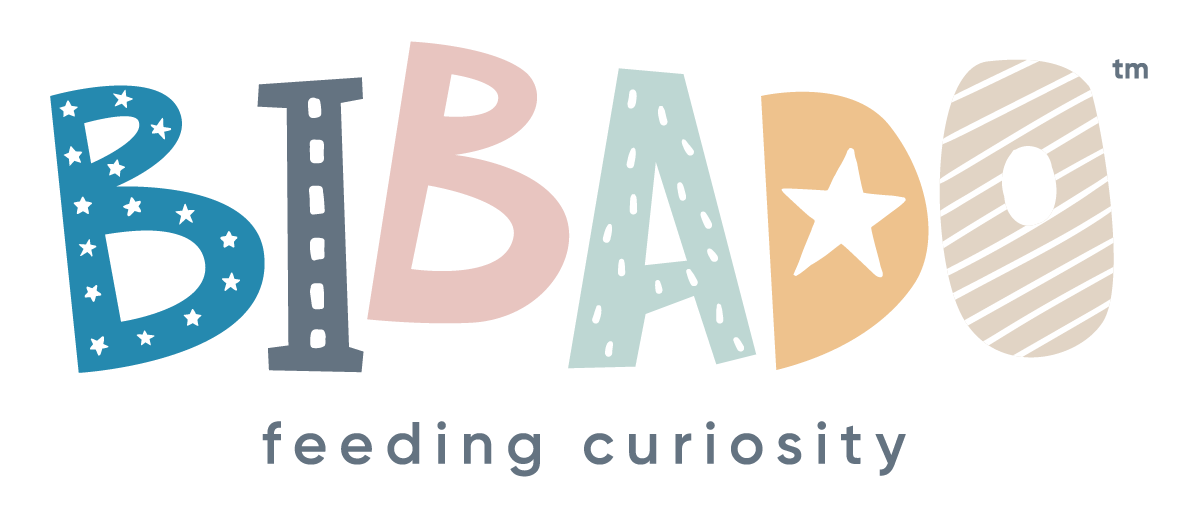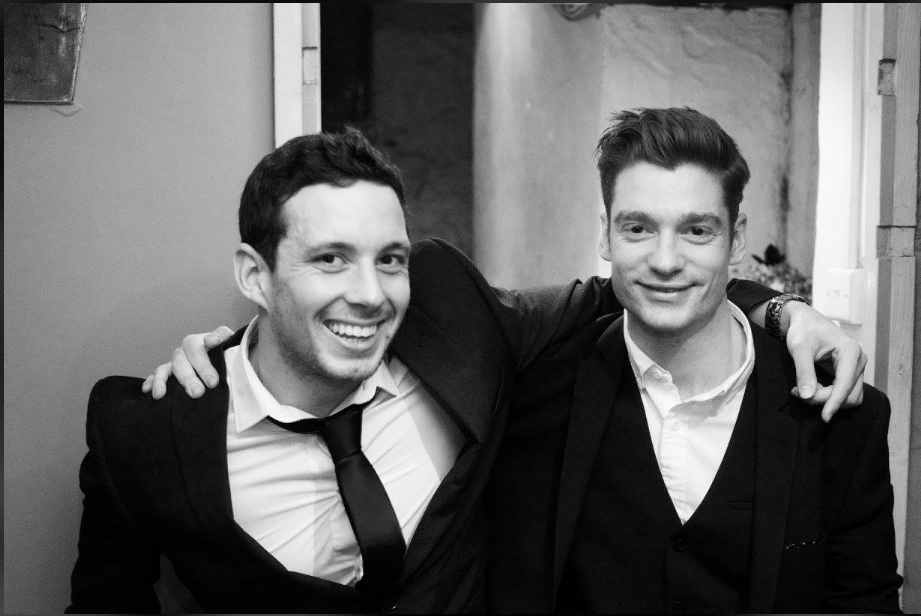Mealtime adventures are better with Bibado! Let our award-winning products make a difference to your weaning journey.
 Shop Now
Shop Now


Friendship is beautiful, messy and truly helps us grow as we age.

Friendship is beautiful, messy and truly helps us grow as we age.
As parents, want to give our kids the best advice, tools and resources we can while still allowing them the freedom to choose their friends, make mistakes and grow from all of the lessons in between.
Friendships have a different affect us throughout the different stages of our lives, so we want to talk about how we can support our kids through those years.
Because in the end, we think that as parents, we would really like to raise confident, kind and emotionally resilient children. Children who grow to use those skills in adulthood to build healthy relationships and boundaries.

The dictionary describes a friend as a person with whom one has a bond of mutual affection.
Roughly translated, this is 2 people who like each other! Seems pretty simple, right?
Well let’s be real - when is anything that simple? Especially when we’re dealing with human emotion.
So let’s break it down. Because in the end all we want as parents is to raise confident, kind and emotionally resilient children who grow to use those skills in adulthood to build healthy relationships and boundaries.
When we’re really young, we’re encouraged to be social. Our parents normally plan playdates or involve us in playgroups of some kind which is likely where we will likely make our first “friend”. It’s hard to describe what a friend is to us during the early years - but we can help our children really define what it means to be a friend as they grow.
In short, helping our child learn how to make friends and be a friend boils down to helping them develop abilities like:
Fast forward a few years and this is where we begin our ‘friend selection’ process. If we’ve helped our children to build that emotional resilience, we can trust that they will develop a healthy relationship with at least one person they really “click” with at this age.
This person is likely to be their best friend throughout primary school and, before you know it, years would have passed and you believe this friendship is unbreakable - which of course in some cases it is. This is where you’ll really get to see those skills you’ve helped them develop in action!
There will be falling outs, disagreements and struggles but your kids will be well equipped to deal with those interactions and challenges. And when they’re not, they’ll [hopefully] feel confident and comfortable enough to talk it out with us and ask for advice.
They may be in different classes, different clubs or even different schools and surrounded by a lot more potential friends. The next 5 years are spent socialising, going out, learning independence and self-sufficiency while going through adolescence. Here is where you also get to see how well they’ve developed a sense of boundaries and knowing when to say no to friends to preserve their own mental health.
This is also the stage where both you as a parent, and your child, may struggle with so many conflicting emotions and perspectives because teens are understandably volatile with everything they endure during those years. Discovering themselves, peer pressure, bullying, constant emotional and physical changes - and so much more. The confidence and self-worth you helped instill at a young age will prove most useful during these years of their lives. Though it will likely seem like they haven’t heard a word you said when they’re in such a rebellious and defiant stage, they’ll show what they’ve learned through their actions.
For some this age means higher education while for others it will mean employment. The friendships they form in their adult lives will vary - and they may look completely different from the friendships they’re used to.
They may be friendships formed at work, in post-secondary school or somewhere else entirely - but you’ll now see everything you’ve taught them, and modeled for them, come to fruition.
Age won’t determine friendship. Social status won’t either. Race, religion and appearance won’t be any of the factors that determine their bond with another.
Playdates will turn into coffee mornings.
Work chats will turn into nights out.
Some friends will be with them throughout the rest of their lives, and they’ll learn that others were only meant for certain seasons of their lives to help them grow.
The people we meet throughout our lives help shape who we become. So is it a bit intimidating that our role in the lives of our children will be evident in the relationships they form? Of course! We’re responsible for another human, or humans, after all. But if we’ve laid the foundation for emotional resilience we can be confident that our kids will grow to be their own person who can also empower others to feel comfortable being their whole selves. They’ll learn that resilience isn’t synonymous with strength - it’s the ability to recover and adapt - and how you do that looks different for everyone.
Friends are the family we choose and each person you develop that relationship with will have an impact. Whether they are a part of your past, your present or your future.. I think we can all agree that friendship is a pretty special thing - and as parents, we’ve helped shape some pretty special and unique little (and big) humans.
“No one is born hating another person because of the color of his skin, or his background, or his religion. People must learn to hate, and if they can learn to hate, they can be taught to love, for love comes more naturally to the human heart than its opposite.” - Nelson Mandela
Follow us for more delicious, nutritious bite-size Bibado goodness